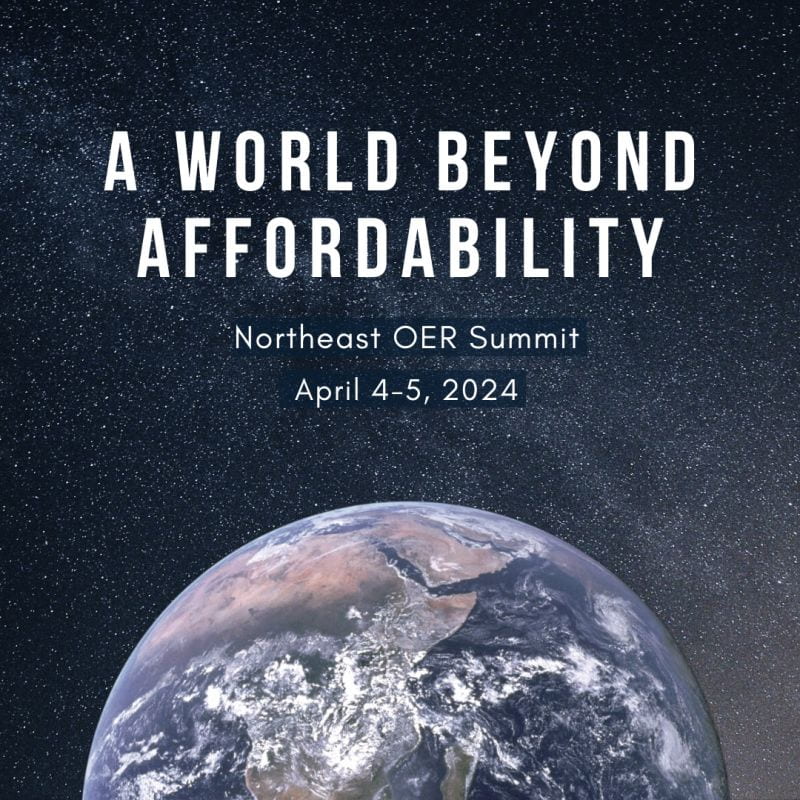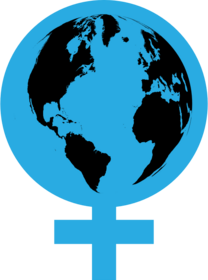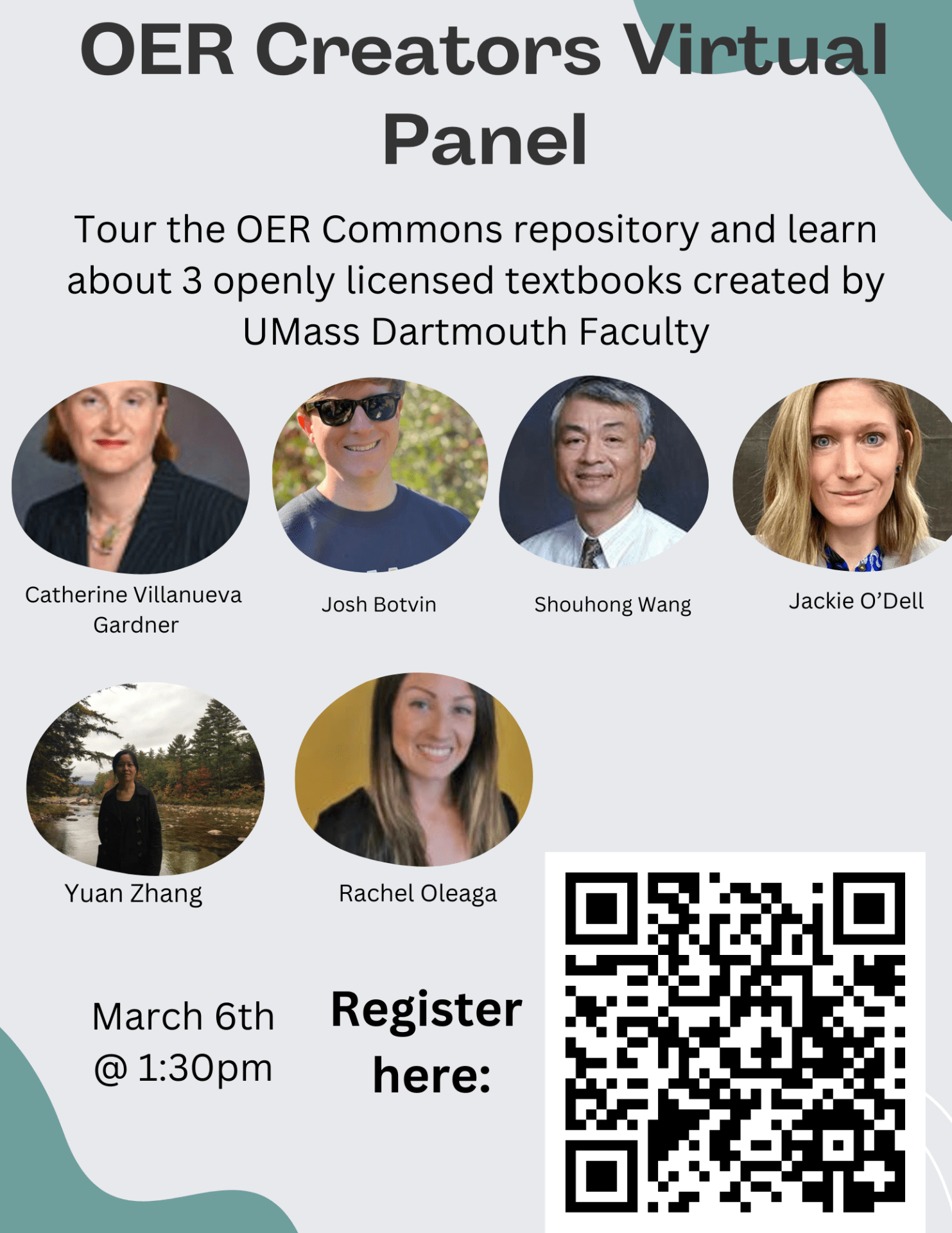SPARC is a nonprofit advocacy organization that supports open systems for research and education that enable everyone to benefit from shared knowledge. SPARC advocates for Open Educational Resources (OER) and will host an informative webinar series on OER this summer. The sessions are geared toward a broad audience of librarians, teachers, instructional designers, and anyone else interested in learning more about free teaching materials. More details and contact information can be found on the SPARC website, and a list of the sessions and their descriptions is included below:
Session 1: Open Education Foundations
August 13 from 2–3 p.m. EDT / 11 a.m.–12 p.m. PDT [register here]
This session will provide a broad introduction to open education, including its core principles, key terms, and historical development. We’ll discuss how open education connects to related movements such as open access and open science, and highlight its potential to remove barriers and expand opportunities for both students and educators. Participants will leave with a strong foundational understanding to support further learning, along with awareness of key tools and resources.
Session 2: Open Education in Practice
August 28 from 2–3 p.m. EDT / 11 a.m.–12 p.m. PDT [register here]
This session will introduce key aspects of putting open education into practice. Topics will include how to find, create, and adapt open educational resources (OER), the foundations of open pedagogy, and how various colleges and universities are supporting open education through campus programs. Participants will leave with practical examples and starting points to apply in their own teaching, library work, or institutional setting.
Session 3: Open Education in the Current Moment
September 10 from 2–3 p.m. EDT / 11 a.m.–12 p.m. PDT [register here]
This session will explore how open education intersects with major trends shaping higher education today. Topics will include shifts in course material billing models (e.g., “Inclusive Access”), the rise of artificial intelligence, and growing areas such as microcredentials and workforce readiness. Participants will leave with ideas for situating open education within these broader conversations and advancing it more strategically on campus.
Session 4: FAQs: Answering Common Questions about Open Education
September 25 from 2–3 p.m. EDT / 11 a.m.–12 p.m. PDT [register here]
This session will take on the real-world questions that come up when open education is introduced on campus. Where do I find OER? How do I know if it’s high quality? We address these and other practical concerns raised by faculty, students, and administrators, including those submitted by participants in earlier sessions. Participants will leave with effective answers to common questions, evidence to back it up, and advocacy tips to apply in their own context.










